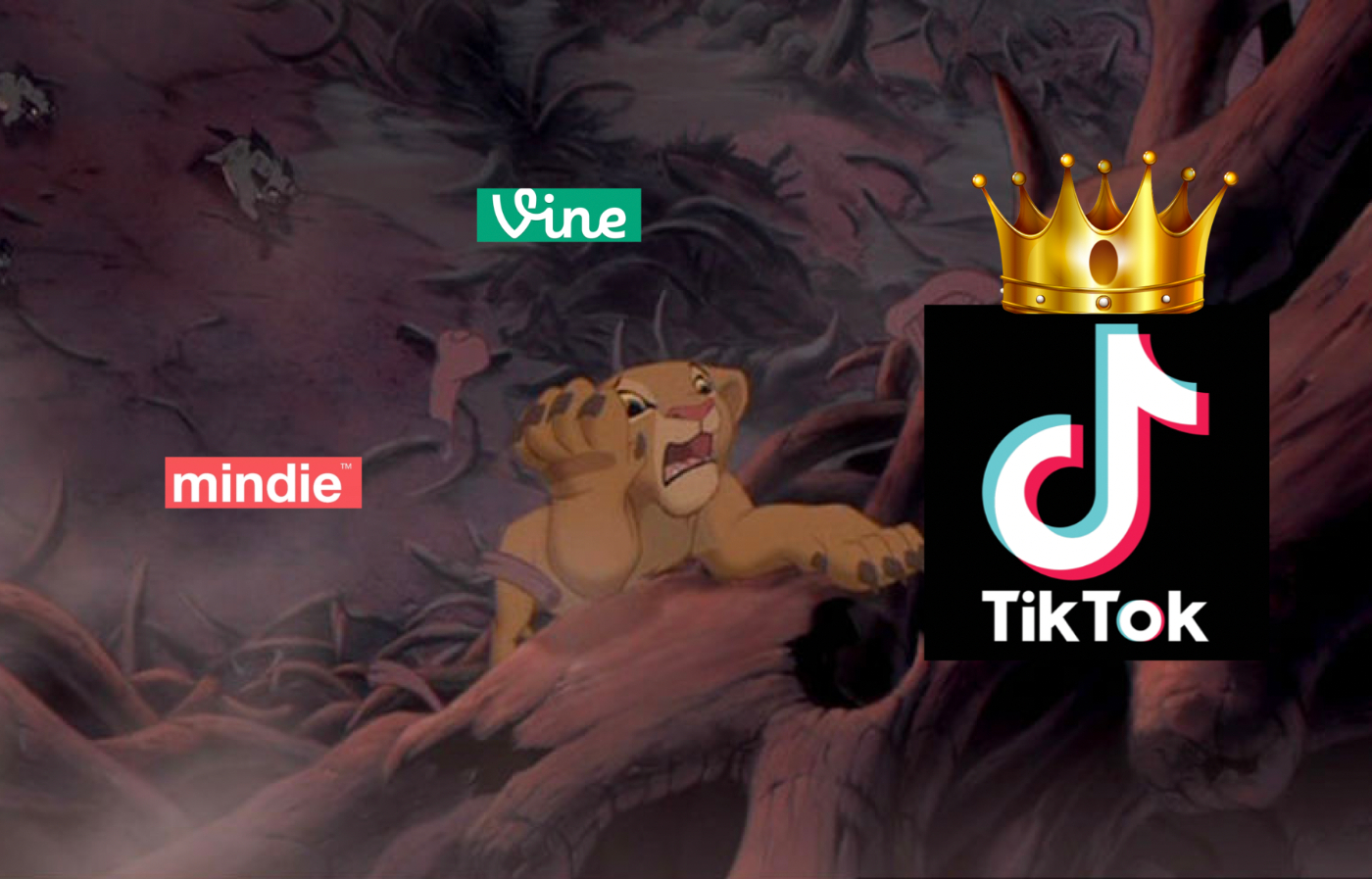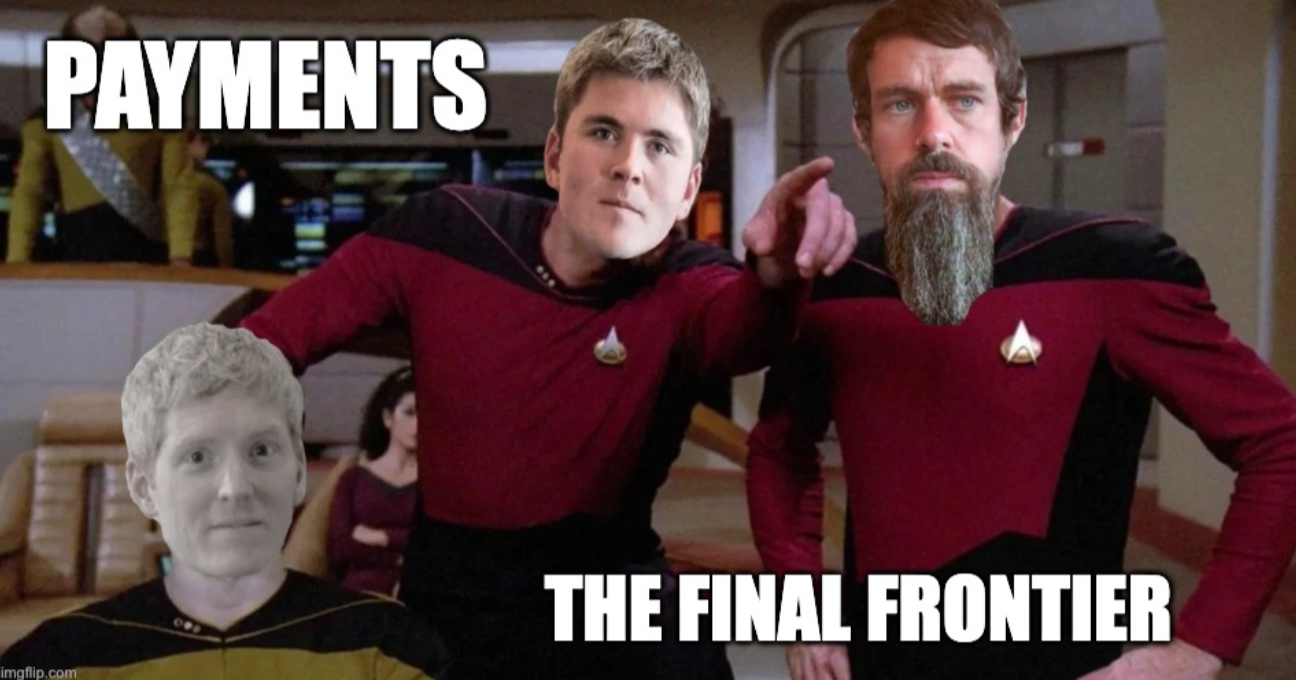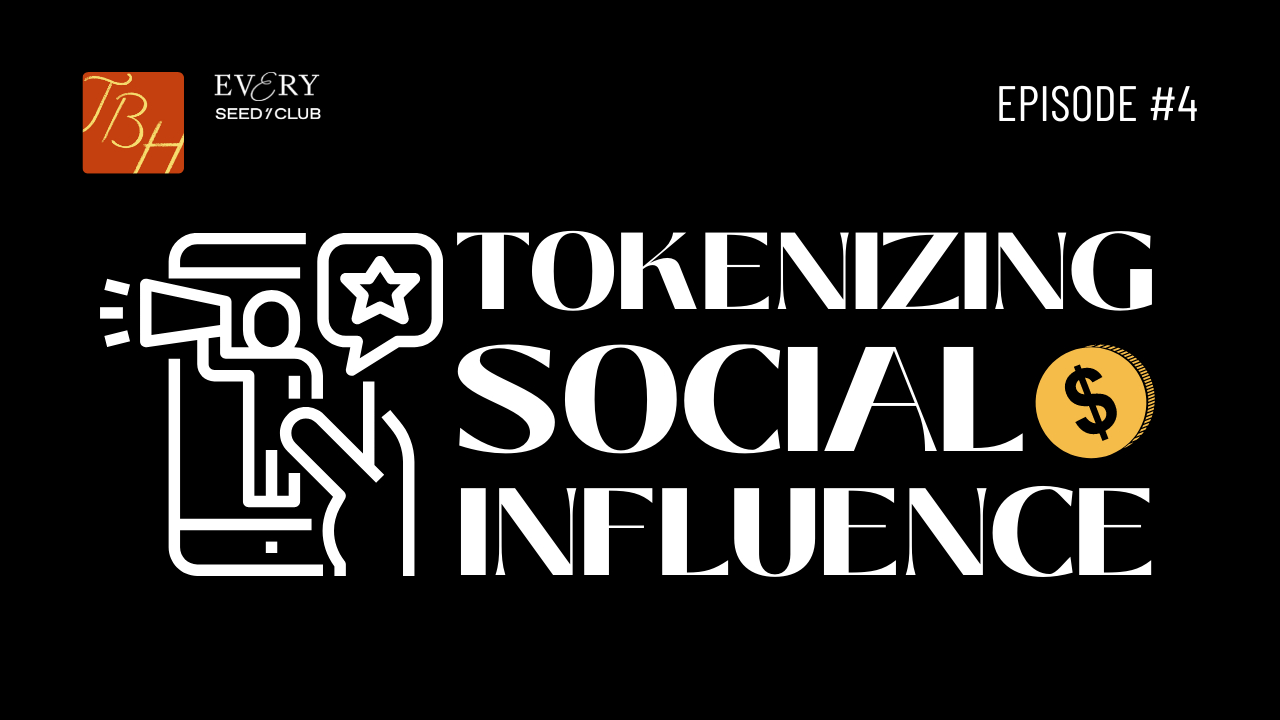
The Boneyard Principle, Blind Ambition, & Elon vs. Twitter…still.
Here’s everything we published this week.
April 17, 2022 · Updated February 8, 2026
Knowledge Partner: McKinsey & Company
How the fashion industry can get into a metaverse mindset. Shoppers, particularly those in Gen Z, are spending more time online and exploring the possibilities of the metaverse. Here’s what you need to know about this emerging frontier.
Happy Sunday!
The Elon Musk vs. Twitter feud (takeover? saga? epic?) continues and boy do we have thoughts. But! We also have less meme-lord, goblin-mode thoughts too. This week brought us multiple guest writers, an analysis of tech’s anonymous venting platform, and a new move-to-earn game that pays you just for walking!
Let’s get to it.
The Boneyard Principle: Why the Next Big Thing will Emerge from a Failed Idea
David King & Mishti Sharma / Every
Vine gave way to TikTok, and Match.com gave way to Tinder. In this guest post, David and Mishti lay out the Boneyard Principle: some of the most successful apps are built from the boneyard of failed ones. With simple changes, such as UX that reduces cognitive load and decreases rejection, many of the best ideas could be hiding in plain sight.
Blind Ambition
Fadeke Adegbuyi / Cybernaut
This week’s Cybernaut is a doozy! Fadeke pulls back the curtain on Blind, an anonymous professional social network where employees at major tech companies talk shit and swap stories. The users are candid about salaries (TC or GTFO) and even more candid about the biases and blind spots (*cough*) of tech culture. “If Blind is any indication, hopping from company to company chasing higher compensation, and spending a year or two at each one, is hardly a meaning-making pursuit. There’s little joy to be had in work that’s simply a means to an end, refreshing your company stock price or counting down until your stocks vest, eyes fixed on the revolving door.”
Elon is Right: Twitter Should Open Up the Algorithm
Nathan Baschez / Divinations
With all of the discussion around Twitter, Nathan comes with an interesting proposal—they should build an algorithm marketplace. It would allow for users to have a greater degree of customization and perhaps build trust in the platform. This piece is impressive for a couple of reasons: First, all of the pictures incorporate AI-generated images (shoutout to DALL·E 2!). Second, Jack Dorsey responded on Twitter that he pushed for this idea when he was Twitter CEO. Third, it was cited in the Washington Post yesterday. All in all, not a bad day for our Divinations writer.
The Race for New Payment Rails
Reggie Young / Napkin Math
How do you beat Visa? The payments industry is staggeringly huge, and the opportunity for capturing it is easily a trillion dollars in market cap. But who is going to be the company that does it? Stripe? Square? Paypal? Or maybe even someone more unexpected like Walmart? To answer this question, guest writer Reggie Young wrote a post examining the products and positioning of each of these companies. To see who he picks to win, click the link below.
Will STEPN Bring Crypto to the Masses?
Nat Eliason / Almanack
Nat’s latest talks about a new crypto project where people earn money by simply walking. As always seems to be true for this sort of thing, there is a light sprinkling of Ponzi scheme on top of STEPN, but that doesn’t mean the whole thing is a fraud. The piece analyzes the bull case, the bear case, and how STEPN can escape the Ponzi traps it has laid for itself. Paying subscribers get to see how Nat is choosing to deploy his own capital.
Tokenizing Social Influence 🎧
Sari Azout & Joey DeBruin / Tokens, But How?
What would social platforms look like if everyone’s actual reputations were on the line? Nir Kabessa is exploring this question through his company Yup—a tokenized social network where users can earn money and clout for their taste. On this episode of TBH, Sari and Joey chat with Nir about Yup and creating sustainable tokenized businesses where everyone has reputational skin in the game.
Study Sunday:
🤔 The Question
Does your mere belief about the importance of empathy change how persuasive and liked you are? A new study says heck yes.
⭐️ The Significance
The rise in political divisiveness over the past few years has led to increased feelings of animosity toward the “other side”.
This has negative consequences for our ability to cooperate and make progress as individuals, organizations, communities, and nations.
But simply believing in the importance of empathy could make us more willing to empathize, thereby enhancing our persuasiveness and improving our relationships.
🧪 The Study
Thousands of U.S. participants were assigned to one of three groups:
- Learned about the usefulness of empathy
- Learned about the harmful impact of empathy
- Given no info
All participants were then asked to write a message to someone on the opposite side of the political spectrum to persuade them about gun laws.
Members of the opposite party were then brought in to read these messages and asked about their response.
⚡️ The Findings
People who were influenced to believe in the importance of empathy were rated as 98% more empathic, 79% more likable, and 64% more persuasive than those who held negative beliefs about empathy!
An analysis of the messages revealed that positive empathy beliefs sparked the usage of language that referred to shared goals and identifies (“Americans/Citizens” versus “Democrats/Republicans” and perspective taking (“I understand that you…”).
Their arguments were just as strong and they made just as many points, the key difference was in the empathic tone.
💎 The Takeaway
Believing in the importance of empathy actually makes you more empathic. You’ll likely become more motivated to see the other side and find common ground. The resulting shift in your communication style helps make you more likable, and more persuasive, without diluting the substance of your own opinions.
So… is empathy useful?
You better believe it.
Santos, Luiza et al. “Belief in the Utility of Cross-Partisan Empathy Reduces Partisan Animosity and Facilitates Political Persuasion.”
A Few More Recommendations:
The $10k Bootcamp | Khe Hy
The $10K Bootcamp is a free 3-day event hosted by Khe Hy from RadReads. During this free event, we'll teach you how to design a system to achieve your goals (while working less). You'll learn how to stay focused on the most important things in life, think bigger (versus making smaller things better), stop putting things off until some imaginary future date, and invest in improving your mind, career and relationships.
Dense Discovery | Kai Brach
Dubbed ‘a beautiful little magazine via email,’ Dense Discovery is a curation newsletter that shares weekly recommendations for apps, websites, books, articles and various other bits from the web. But it doesn’t lack depth either: Kai opens each issue with stimulating food for thought, sharing his views on tech, design, and sustainability. Subscribe to Dense Discovery to add some colour, inspiration and critical thought.
Power Laws & Normal Distributions in Crypto’s Future | Michael Dempsey
In most early stage startups, returns are distributed via a power law. The top .1% of companeis accumulate 99% of the returns. In this interesting post, Michael Dempsey, managing Partner at Compound VC, argues that Crypto will end up being different. Tokens will make returns follow a bell curve distribution. For why and how, click above.
SavvyCal is a free, easy-to-use calendar tool built to help you reclaim your time. Share your availability, connect all your calendars in one place, and easily deal with time zones using its advanced features and available integrations. Learn more. (sponsored)
That’s all for this week!
The Only Subscription
You Need to
Stay at the
Edge of AI
The essential toolkit for those shaping the future
"This might be the best value you
can get from an AI subscription."
- Jay S.
Join 100,000+ leaders, builders, and innovators

Email address
Already have an account? Sign in
What is included in a subscription?
Daily insights from AI pioneers + early access to powerful AI tools













Comments
Don't have an account? Sign up!